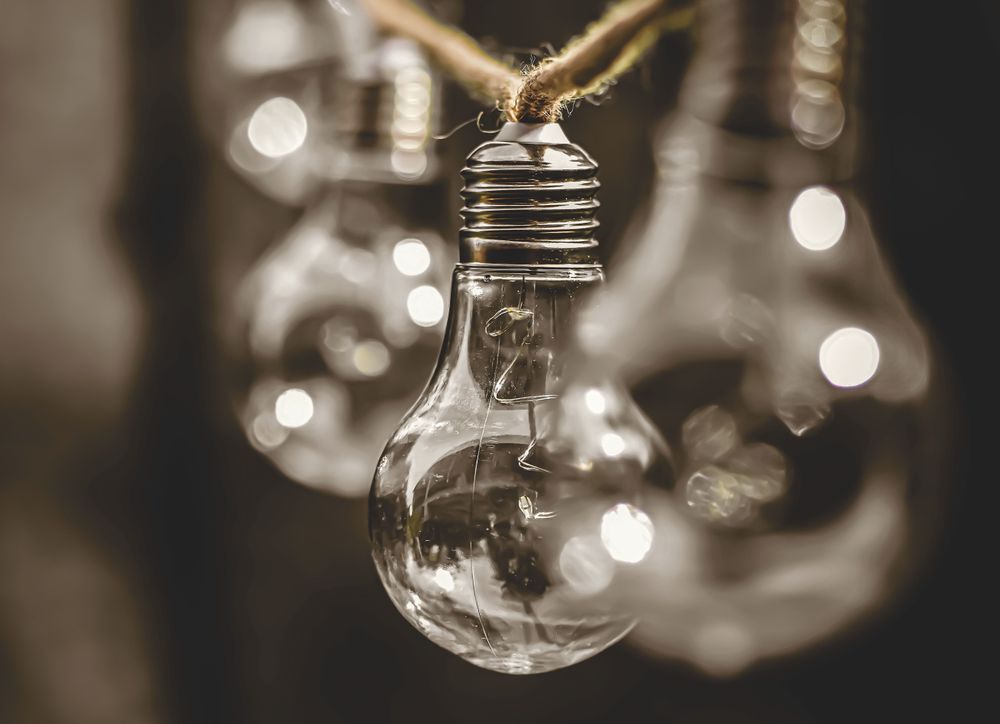10 energy saving tips
Saving energy is a hot topic - even in the upcoming cold season. Here are 10 tips on how you can easily save energy and costs in everyday life.
Turn down the heating
This year, many a landlord or landlady is likely to do it themselves. But the following also applies to homeowners: The room temperature does not have to be more than 20 degrees, and it is also possible to live well with temperatures below that. Reducing the temperature by just one degree can save up to 10 percent of heating energy.
Fill up the washing machine
In the kitchen, it is essential to use the full capacity of the dishwasher. For lightly soiled dishes, the machine's economy program is usually sufficient. Small quantities of dishes can also be washed by hand - although the water does not have to run continuously.
Washing in cold water
There is also savings potential in the washing machine. In most cases, 60 degrees is sufficient for boiling laundry. For lightly soiled laundry, you can sometimes do without pre-washing. Here, too, the rule is to make full use of the drum's capacity. By the way, you save the most energy if the washing machine can wash cold.
Put the lid on
A large part of the energy evaporates during cooking. A simple trick to prevent this is to leave the lid on the pot. This way, food will also cook faster. It's also a good idea to turn off stovetops before the end of cooking - the residual heat is sufficient in most cases. For this purpose, it is worth using pans that optimally cover the heat surface and thus utilize the full power of the stove.
Switch to LED
There's no need to leave lamps burning unnecessarily, so a quick check of which light sources you really need can't hurt. Switching to energy-efficient LED lamps is also worthwhile. This can save up to 80 percent energy.
Showering instead of bathing
Hot water (and thus energy) can be saved by taking only short showers that are not too hot. A water temperature around 37 degrees is ideal for the body and the household budget.
Install mixer taps
Speaking of water, single-handle or thermostatic mixer taps are generally more energy efficient. When mixing by hand, the rule is to run hot water first, then cold.
Use oven heat properly
When it comes to ovens, preheating is not necessary in most cases. If the baking time is longer than 40 minutes, you can also turn off the oven 10 minutes before the end of cooking. The residual heat is usually hot enough to finish cooking the dish.
Drying outside
Large items of laundry can be easily dried outdoors in dry weather. Spin the laundry at a minimum of 1400 revolutions per minute. Also, always fill the tumbler completely; to do this, dry light and heavy fabrics separately.
Switch off appliances properly
Household appliances as well as computers, televisions and coffee machines consume a lot of energy even in stand-by and sleep mode. So switching off appliances completely is not only good for the environment - it's also good for your wallet.
About the author
Lukas Rüttimann is a journalist, copywriter and storyteller. He has worked for numerous Swiss newspapers and magazines, in various capacities from reporter to editor-in-chief. As a freelancer, he covers a broad spectrum, with sustainable, social, cultural and economic topics particularly close to his heart. Lukas Rüttimann has lived in the USA, among other places, but now lives and works from Zurich.
